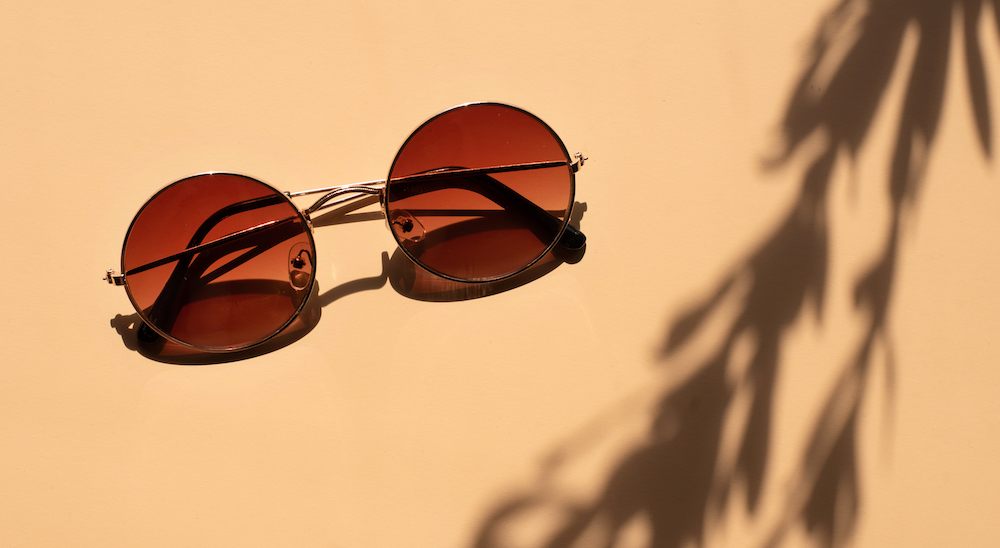
Most people are not aware of the health risks they expose their eyes to every day. Whether it is sunny or cloudy outside, dangerous UV rays are always present. Unfortunately, many people do not wear sunglasses when outdoors, even in the summer months.
What Is UV Light?
Do you wonder what is responsible for the tans you get during the summer? You get your tan from a type of electromagnetic radiation known as ultraviolet light. Exposing living tissue to too much electromagnetic radiation, however, can cause serious damage.
The sun releases electromagnetic radiation in particles or waves at different frequencies and wavelengths known as the EM spectrum. Ultraviolet light falls in the range of the electromagnetic spectrum between X-rays and visible light.
Most of the UV light you encounter comes from the sun. That being said, only about one-third of this light penetrates the earth’s atmosphere. Furthermore, only about ten percent of the sun’s rays are ultraviolet. Nevertheless, broad-spectrum UVA and UVB radiation are the most damaging to living things.
Other Sources of UV Radiation
According to the Health Physics Society, there are several artificial sources of UV radiation. These include black light, fluorescent sources, tanning booths, and high-intensity discharge lamps. Others include halogen lights, curing lamps, some types of lasers, and more.
Eye Health and UV Exposure
One of the easiest ways to prevent various eye health conditions is by wearing sunglasses that provide UV protection. Solar radiation can harm your eye health and increase your risk of suffering corneal sunburn, eye irritation, and redness. It can also increase the risk of developing long-term conditions. Some of these include cataracts, age-related macular degeneration, and eyelid skin cancer.
Did you know that between five and ten percent of all skin cancers occur around the eyes? This statistic should be enough to make you rush to the nearest eyewear store to purchase sunglasses with UV protection.
Do you have lighter-colored eyes? If you do, you have an increased risk of acquiring UV-related eye conditions. This is because UV light can penetrate your iris more easily than it can through darker eyes. It is one of the reasons you tend to experience more light sensitivity than individuals with darker-colored eyes.
Does UV Protection Matter in Sunglasses?
The simple answer to this question is yes. Ultraviolet radiation can damage the skin of your eyelids, lens, cornea, and other parts of your eye. Excessive exposure to UV radiation can also contribute to the development of certain eye conditions. These include growths on the eye, cataracts, and maybe even macular degeneration.
How to Choose the Right Sunglasses
To protect your eyes from UV radiation, you need to choose sunglasses that block between 99 percent and 100 percent of both UVA and UVB rays. They should also screen out at least 75 percent of visible light and have gray lenses designed for proper color coordination. The lenses should also be free of imperfections and distortions, in addition to being perfectly matched.
To learn about the importance of UV protection in sunglasses, visit Norwood Family Eye Care at our offices in Bartlett or Memphis, Tennessee. You can call 901-617-8095 or 901-380-1274 today to schedule an appointment.











